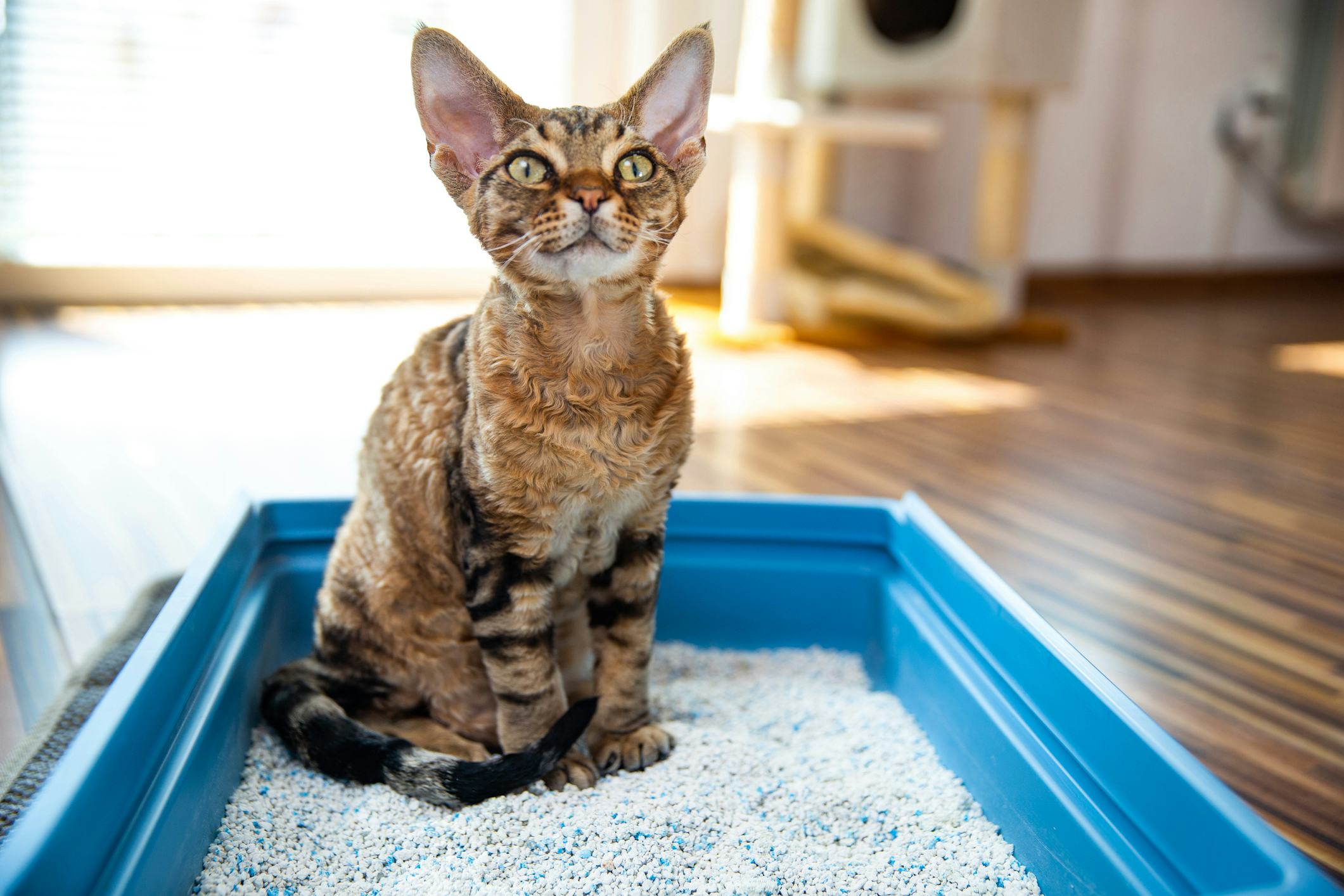Reasons Flushing Cat Poop Down Your Toilet Is Bad - Suggestions for Proper Handling
Reasons Flushing Cat Poop Down Your Toilet Is Bad - Suggestions for Proper Handling
Blog Article
The publisher is making a few great points regarding How to Dispose of Cat Poop and Litter Without Plastic Bags overall in this post in the next paragraphs.

Intro
As feline owners, it's essential to be mindful of how we deal with our feline friends' waste. While it might seem hassle-free to purge pet cat poop down the bathroom, this practice can have destructive effects for both the setting and human health and wellness.
Ecological Impact
Purging feline poop introduces damaging microorganisms and bloodsuckers right into the water supply, presenting a substantial threat to aquatic ecosystems. These impurities can negatively influence marine life and concession water quality.
Health Risks
In addition to ecological concerns, flushing cat waste can also present wellness threats to human beings. Feline feces might contain Toxoplasma gondii, a parasite that can trigger toxoplasmosis-- a potentially severe illness, particularly for expectant females and individuals with damaged immune systems.
Alternatives to Flushing
Thankfully, there are safer and extra accountable methods to dispose of cat poop. Consider the complying with choices:
1. Scoop and Dispose in Trash
The most usual method of dealing with feline poop is to scoop it right into a biodegradable bag and toss it in the garbage. Make certain to use a dedicated litter scoop and take care of the waste quickly.
2. Use Biodegradable Litter
Choose naturally degradable feline trash made from materials such as corn or wheat. These litters are eco-friendly and can be securely dealt with in the trash.
3. Bury in the Yard
If you have a backyard, take into consideration hiding cat waste in a marked area far from veggie yards and water resources. Make sure to dig deep sufficient to stop contamination of groundwater.
4. Set Up a Pet Waste Disposal System
Invest in an animal garbage disposal system particularly designed for feline waste. These systems use enzymes to break down the waste, lowering odor and environmental influence.
Conclusion
Accountable pet dog ownership extends past offering food and sanctuary-- it also involves correct waste management. By avoiding purging pet cat poop down the commode and opting for alternate disposal approaches, we can lessen our ecological footprint and shield human health.
Why You Should Never Flush Cat Poop Down the Toilet
A rose by any other name might smell as sweet, but not all poop is created equal. Toilets, and our sewage systems, are designed for human excrement, not animal waste. It might seem like it couldn’t hurt to toss cat feces into the loo, but it’s not a good idea to flush cat poop in the toilet.
First and foremost, assuming your cat uses a litter box, any waste is going to have litter on it. And even the smallest amount of litter can wreak havoc on plumbing.
Over time, small amounts build up, filling up your septic system. Most litter sold today is clumping; it is made from a type of clay that hardens when it gets wet. Ever tried to scrape old clumps from the bottom of a litter box? You know just how cement-hard it can get!
Now imagine just a small clump of that stuck in your pipes. A simple de-clogger like Drano isn’t going to cut it. And that means it’s going to cost you big time to fix it.
Parasitic Contamination
Believe it or not, your healthy kitty may be harboring a nasty parasite. Only cats excrete Toxoplasma in their feces. Yet it rarely causes serious health issues in the cats that are infected. Most people will be fine too if infected. Only pregnant women and people with compromised immune systems are at risk. (If you’ve ever heard how women who are expecting are excused from litter cleaning duty, Toxoplasma is why.)
But other animals may have a problem if infected with the parasite. And human water treatment systems aren’t designed to handle it. As a result, the systems don’t remove the parasite before discharging wastewater into local waterways. Fish, shellfish, and other marine life — otters in particular — are susceptible to toxoplasma. If exposed, most will end up with brain damage and many will die.
Depending on the species of fish, they may end up on someone’s fish hook and, ultimately on someone’s dinner plate. If that someone has a chronic illness, they’re at risk.
Skip the Toilet Training
We know there are folks out there who like to toilet train their cats. And we give them props, it takes a lot of work. But thanks to the toxoplasma, it’s not a good idea.

I ran across that blog entry on Can You Flush Cat Poo or Litter Down the Toilet? when doing a lookup on the internet. So long as you enjoyed reading our page kindly make sure you remember to pass it around. Thanks a lot for your time. Visit us again soon.
Visit My Web Page Report this page